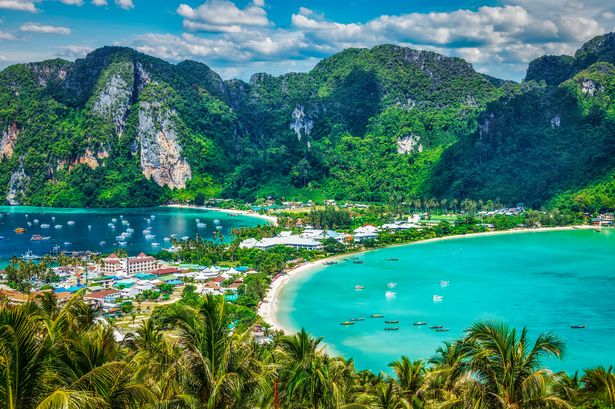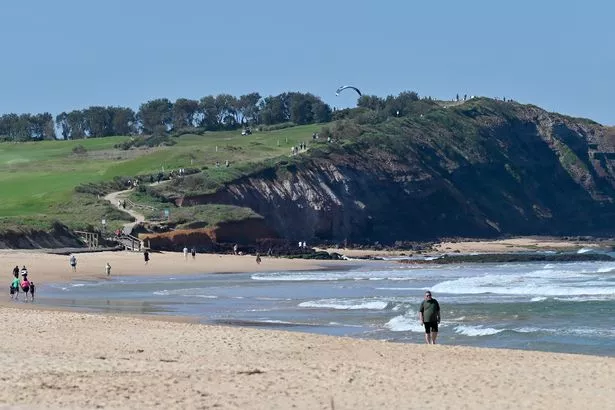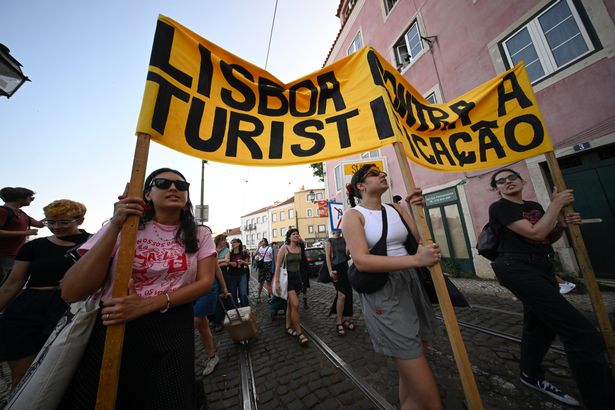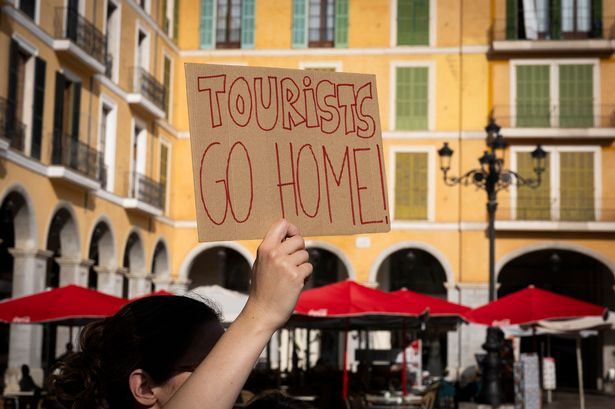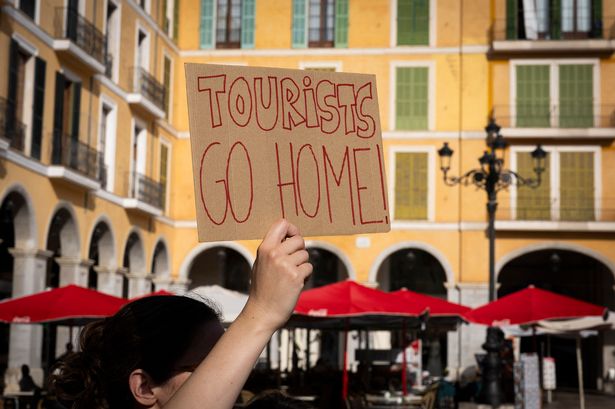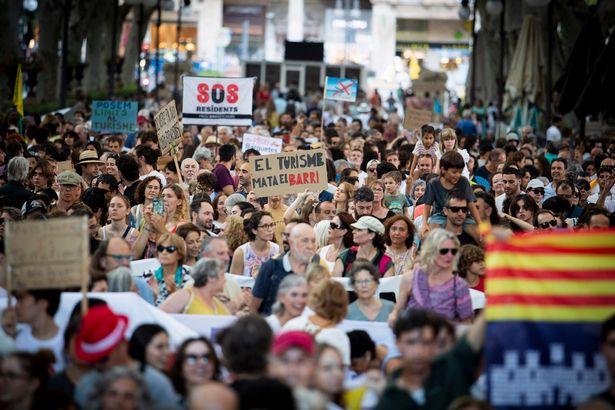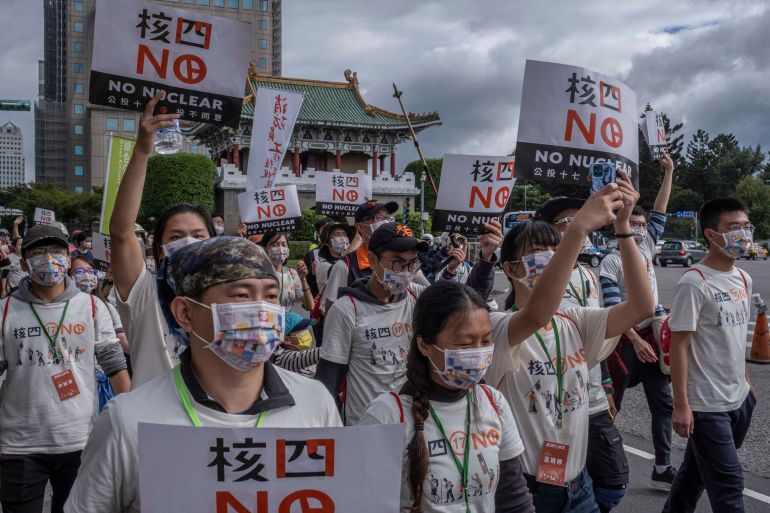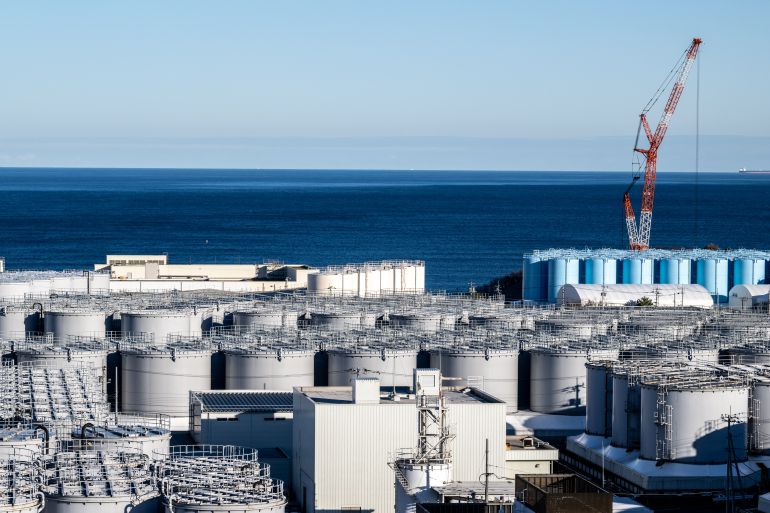At its 25th Global Summit in Rome today, the World Travel and Tourism Council (WTTC) launched its latest report showing how much the US is losing out on as tourists decide to stay away
Donald Trump has helped shave £10billion off the US economy by keeping holidaymakers away.
There is a whole host of reasons why a lot of people have decided to stop travelling to the US, and the President is at the heart of many of them. Whether it’s newly emboldened border guards that have locked up tourists for little reason; a desire not to spend money in a country that is helping Israel wage a war in Gaza; or the arrival of National Guard troops in US cities.
At its 25th Global Summit in Rome today, the World Travel and Tourism Council (WTTC) launched its latest report showing how much the US is losing out on as tourists decide to stay away.
The WTTC forecasts international visitor spending in the US will fall by $12.5billion (£9.3billion) in 2025, with the tourism organisation urging America’s authorities to provide more traveller-friendly policies and reduce visa costs. The total income from the sector in the US is now $2,575.5billion, down from $2,558.4billion.
Would you consider travelling to China for a holiday? Let us know in the comments below or by emailing [email protected]
READ MORE: ‘I’m a dark tourist and I met a cannibal tribe at one of the world’s craziest events’READ MORE: ‘I visited the world’s craziest city you’ve never heard – it looks AI-generated’
Citizens from some countries, in particular, are avoiding travelling to the US. In February, border crossings from Canada were down by more than 20%, according to Statistics Canada. Among them is Keith Serry, a writer and comedian based in Montreal, Quebec.
He cancelled five April appearances in New York City due to the tense political situation. “This decision will, of course, rob me of the opportunity to share my art with many of you in New York I’ve grown to know and love,” he wrote on his Facebook page. “That said, the honest truth is that I just don’t feel safe travelling to the States right now. In addition, I feel a powerful disinclination to spending my money in any way that might aid the economy of a hostile state.”
On the flipside, China, the world’s second-largest travel and tourism market, is due for a huge tourism boost. The sector already added $1.64trillion (£1.22trillion) to its economy in 2024, and that number is forecast to surge by 22.7% in 2025, adding an extra $260billion (£193billion).
Japan, the world’s fifth largest travel and tourism economy with a $310.5billion (£210billion) contribution in 2024, is forecast to add a further $13.8 (£10.28billion) to its GDP this year.
Despite losing £2.2billion in international visitor spending last year, the sector added £273billion to the economy.
WTTC Interim CEO Gloria Guevara chose to focus on the overall growth, rather than the dip seen in the US and UK.
She said: “These results tell a story of strength and opportunity. The US remains the world’s largest Travel & Tourism market, China is surging back, Europe is powering ahead, and destinations across the Middle East, Asia, and Africa are delivering record growth. This year, we are forecasting that our sector will contribute an historic $2.1TN in 2025, surpassing the previous high of $1.9TN in 2019, by $164BN. As Italy hosts this year’s Global Summit, its role as a G7 leader showcases the importance of tourism in driving economies, creating jobs, and shaping our shared future.”
Globally, the travel industry is growing at a rapid rate. According to the report, the sector supported 357million jobs in 2024. That figure is set to rise to 371million in 2025, along with an increase in the sector’s share of global employment.
By 2035, one in eight jobs worldwide will be in the industry, with an additional 91 million new jobs compared to today. The majority of those will be in the Asia-Pacific region.







